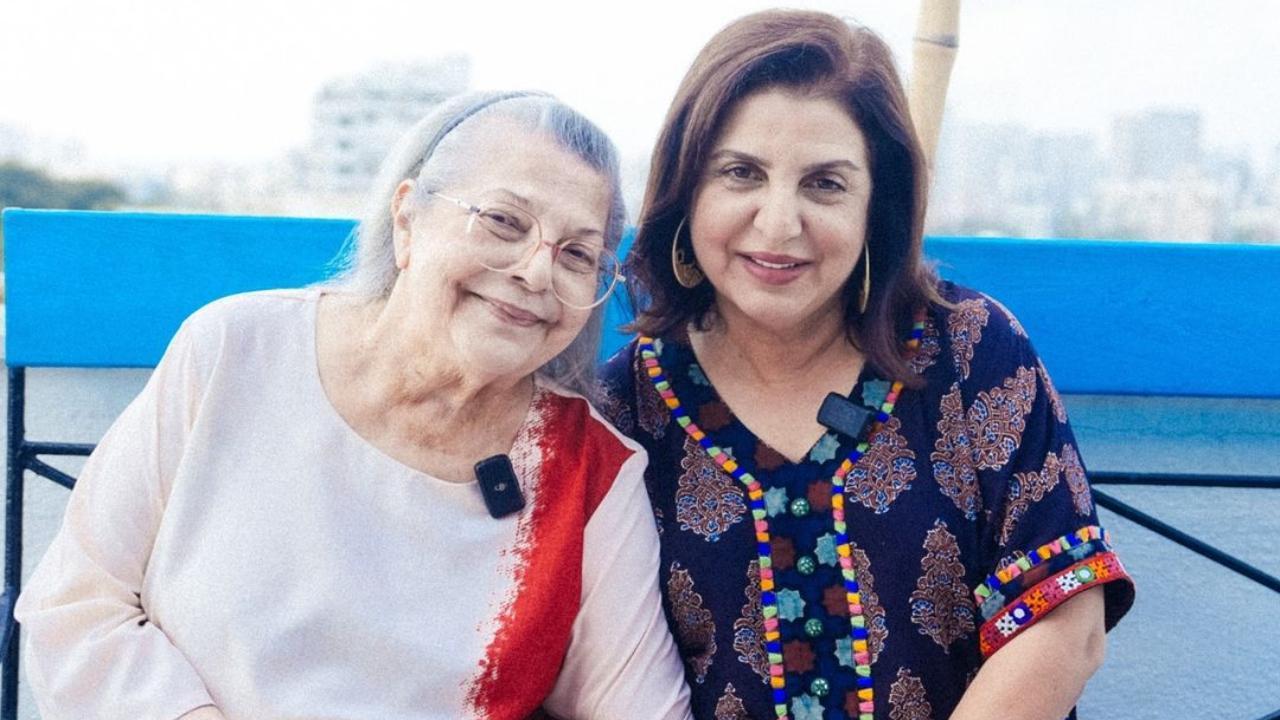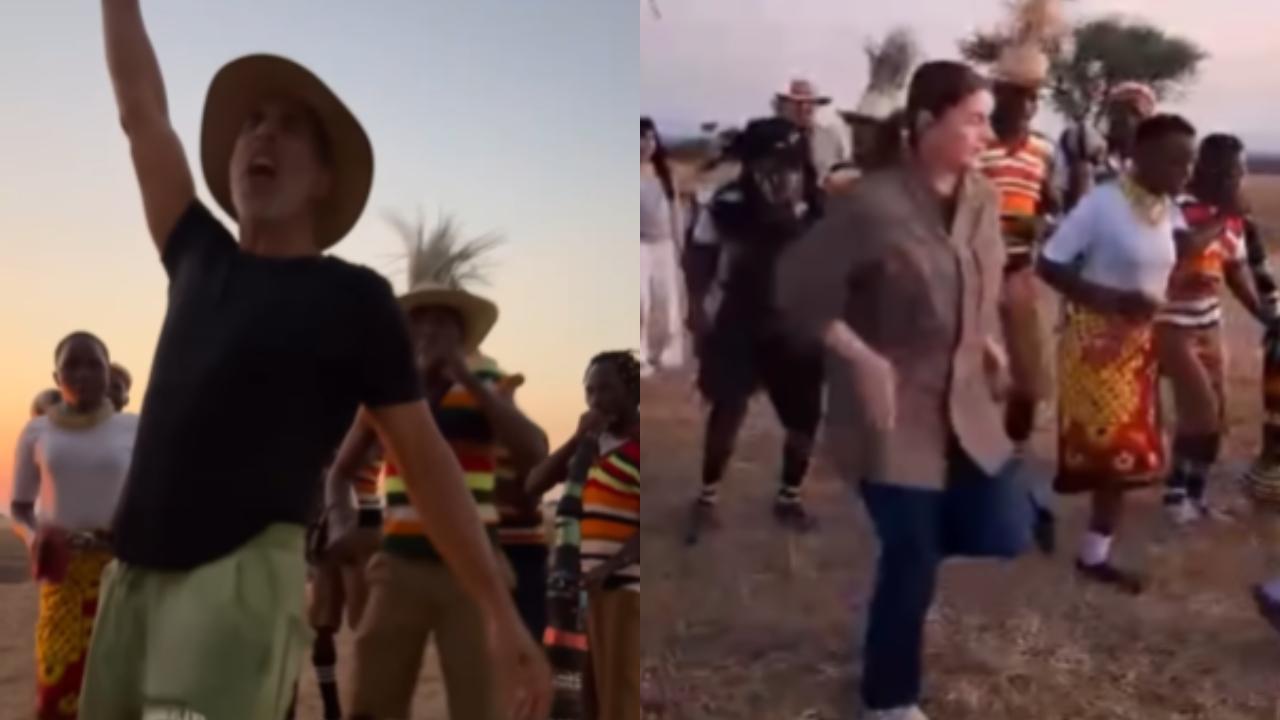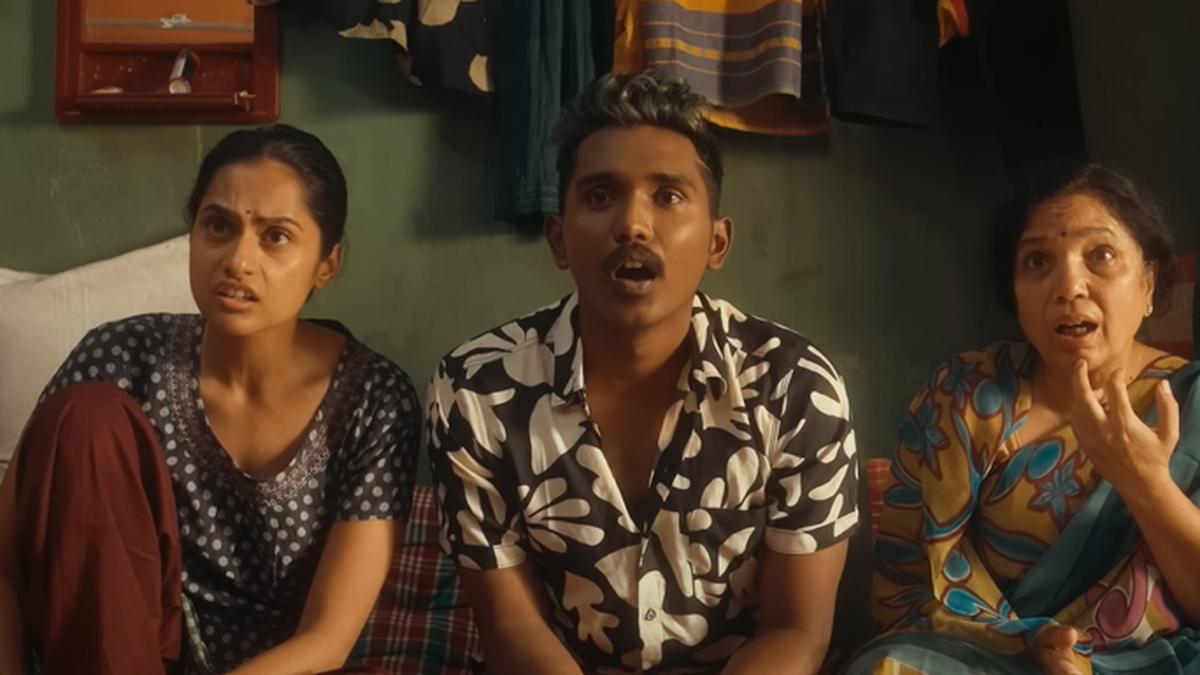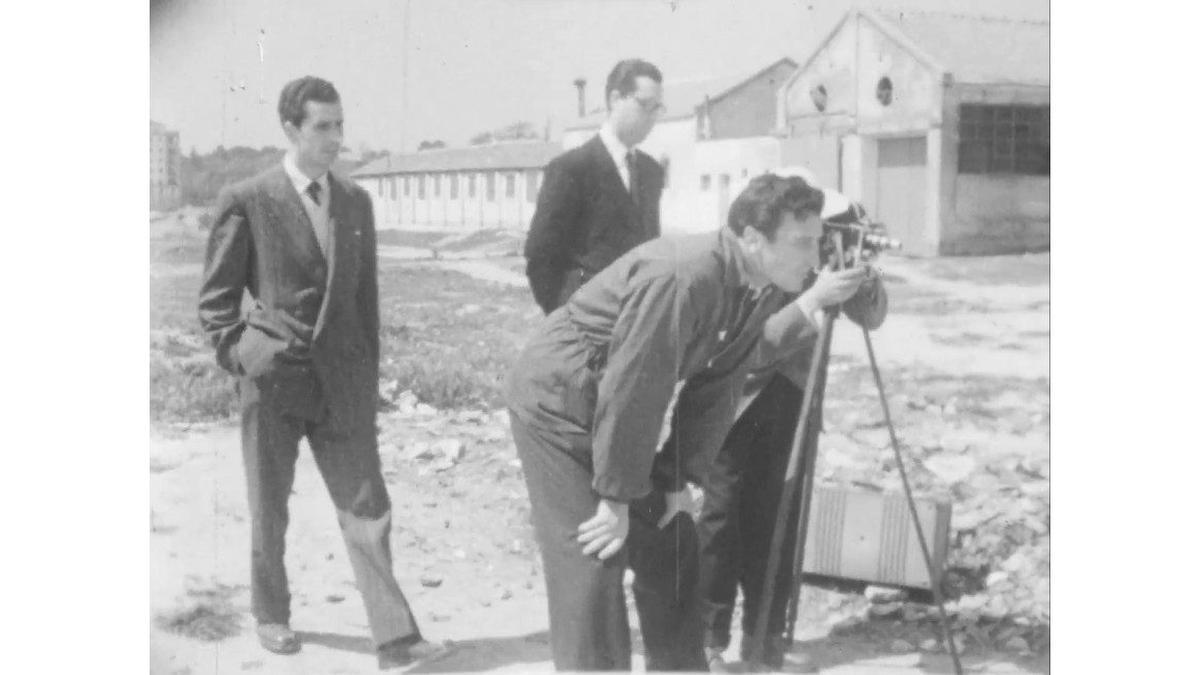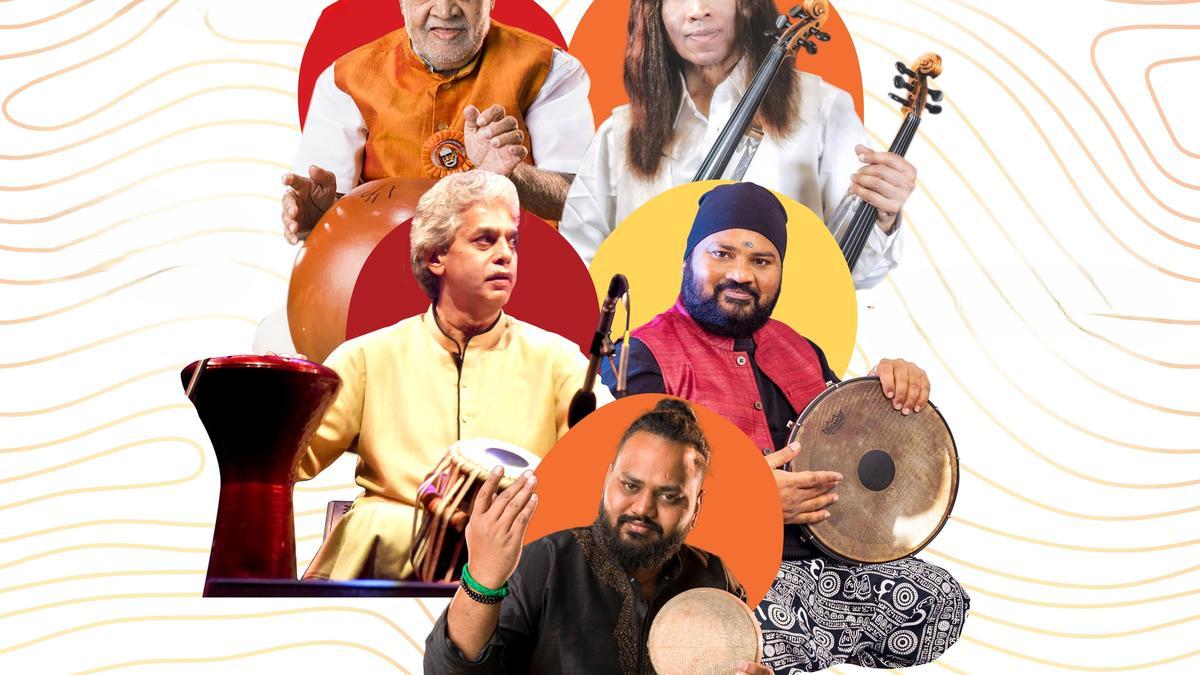
The anticipation is palpable as legendary violinist L. Shankar, renowned for his contribution to the 1970s Indo-jazz confluence under the band name ‘Shakti,’ is set to stage a reuniting performance in India. As part of the ‘Masters of Music’ show, Shankar will bring back the magic that once captivated audiences across the globe. Alongside him will be a stellar ensemble of musicians, including the prodigious ghatam maestro Vikku Vinayakram, his son Selvaganesh on the kanjira, grandson Swaminathan Selvaganesh on assorted percussion, and the extraordinary tabla player Fazal Qureshi.
This extraordinary event is scheduled for June 16 at 8 p.m. in Mumbai’s National Centre for the Performing Arts (NCPA). The show promises to revisit the musical epiphanies of the original Shakti compositions while blending in the rich undertones of Carnatic kritis and a rendition of the ragam-tanam-pallavi. “We shall be doing a mix of Shakti songs, covering all three albums we released in the 1970s, besides Carnatic kritis and a ragam-tanam-pallavi,” says Shankar, who divides his time between south Goa and Los Angeles.
The illustrious origins of Shankar and Vinayakram’s collaboration trace back multiple decades before the formation of Shakti. They initially rooted their partnership during their performances in traditional Carnatic concerts. In Shankar’s own words, “In 1973, when I was in New York I launched the band ‘Turiyananda Sangeet’ featuring legendary jazz guitarist John McLaughlin. Initially, Ramnad Raghavan played the mridangam, but since he was not quite comfortable with the band’s music, Vikku Vinayakram, who had played a lot with me, stepped in. The combination of Zakir Hussain’s tabla and Vikku’s ghatam was perfect.” Shankar, who also goes by the stage name ‘Shenkar,’ began to weave a tapestry of music that stretched across boundaries.
Despite the historical success of Shakti, capturing an unparalleled blend of Carnatic, Hindustani music, and jazz, Shankar wasn’t involved in the band’s recent 50-year celebration. “It’s their decision. The truth is that Shakti means as much to me as it does to anybody else in the group,” Shankar expressed, hinting at a sense of omission yet respect for the group’s evolution.
Born into a family drenched in musical brilliance, Shankar is the son of violin maestro V. Lakshminarayana and brother to renowned musicians L. Vaidyanathan and L. Subramaniam. His upbringing was a melange of musical styles. “My father was open-minded and exposed us to different genres. So besides Hindustani music, we also followed western classical and jazz,” Shankar recalls.
Shakti’s discography from the 1970s consists of three exceptional albums: ‘Shakti With John McLaughlin,’ ‘A Handful Of Beauty,’ and ‘Natural Elements.’ These works are revered for their exceptional interplay between the structured discipline of Carnatic and Hindustani traditions with the improvisational genius of jazz.
. Reflecting on their creative process, Shankar shares, “John and I would discuss the broad framework of the compositions, and then write our parts. John would change some portions to suit the guitar, and I would do some with my violin in mind. Zakir and Vikku stayed a block away in New York, and they would bring us the rhythm arrangements.”
After Shakti’s touring spanned the mid-1970s, each member branched out into diverse musical endeavors. Shankar’s foray into rock saw him signing up with musician Frank Zappa’s label in 1978. This period led to the innovation of his two-necked violin, the L. Shankar Double Violin, “I created a cardboard version with the double bass and cello on the lower neck, and the violin and viola on the upper. I approached a few guitar-makers such as Gibson, who said it was not possible. But I insisted it was possible.”
With perseverance, Shankar’s vision came to life through the craftsmanship of Ken Parker at Stuyvesant Sound in New York. “I drove him nuts till I was satisfied,” Shankar chuckles. It took him considerable time to perfect his technique on the now-iconic instrument, which will be featured in the upcoming Mumbai performance.
Even as he navigated global musical landscapes, Shankar’s roots remained firm. He collaborated with prominent musicians and recorded influential works including Phil Collins’ solo album ‘Face Value’ in 1981. Shakti tried to tour India in 1982; however, McLaughlin’s hand injury saw fusion guitarist Larry Coryell stepping in. Shakti returned triumphantly in 1984 with McLaughlin for another notable tour.
Shankar’s solo career has been marked by collaborations that expanded his art form’s horizons, from working with ECM, a Munich-based label, to Brazilian percussionist Nana Vasconcelos, and Norwegian saxophonist Jan Garbarek. His album ‘Raga Aberi’ was nominated for a Grammy in 1995, solidifying his global influence.
With multiple projects adding to his legacy, including a Christmas-themed album commissioned by Cleopatra Records, Shankar remains a vital force in the music world. “I approach every show as though it’s my first. Whether I am playing in front of 10 or 10,000 people, the energy is the same,” Shankar asserts. His dedication to his craft is unwavering, likening a musician’s commitment to that of an Olympic athlete. As preparations are underway for performances in other cities, Shankar’s enthusiasm is undiminished.
The upcoming ‘Masters of Music’ show presents a rare opportunity to experience the blend of history, innovation, and virtuosity that Shankar and his ensemble promise to deliver. As the show draws near, the excitement builds, marking yet another milestone in the remarkable journey of L. Shankar.



